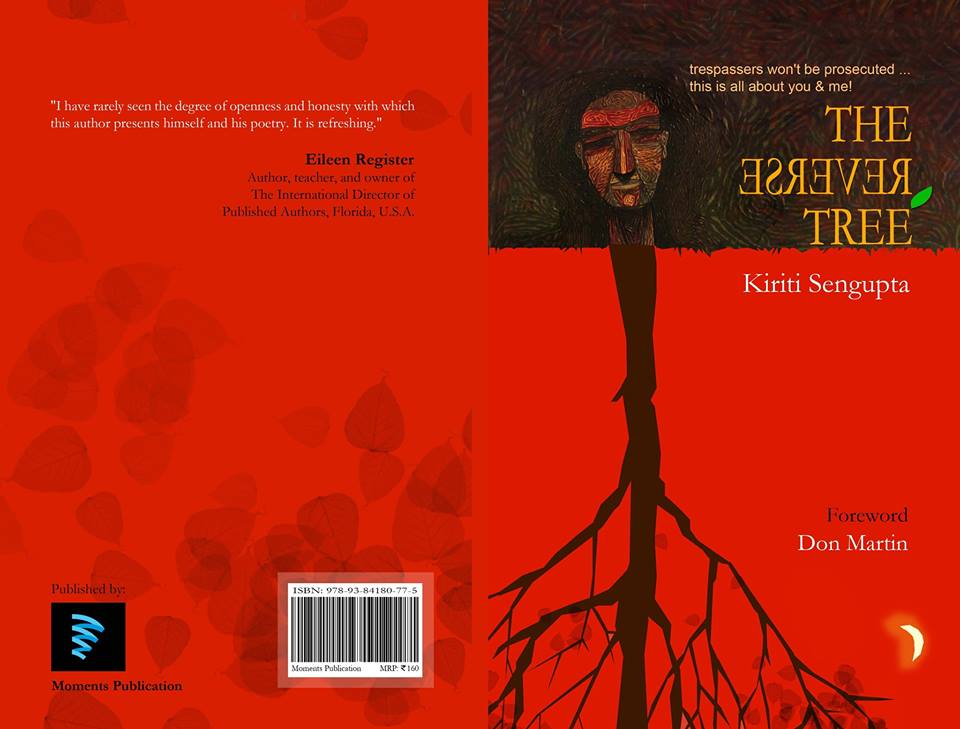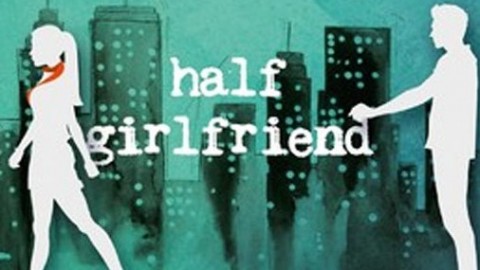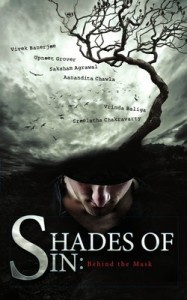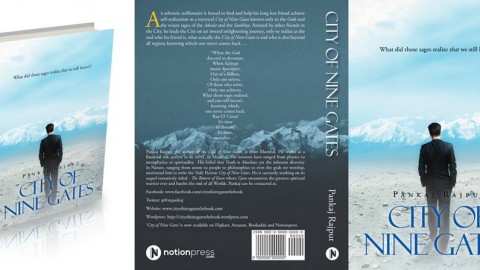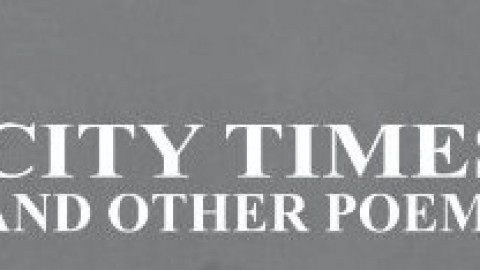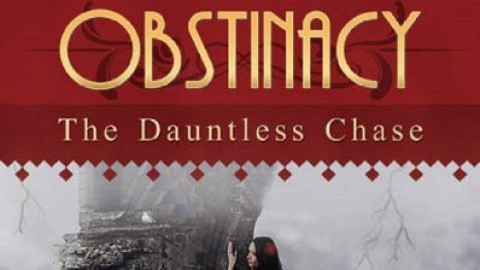The Reverse Tree is an exceptional book of its own kind. It is an amazing contribution in the world of English literature. It’s a journey from superficial knowledge to the self-realization. It deals with the diverse themes reflecting the author’s personality, allowing us to have an insight into his real self. It is an eye opening venture where he tends to be introspective and he discusses about the humankind, laws, 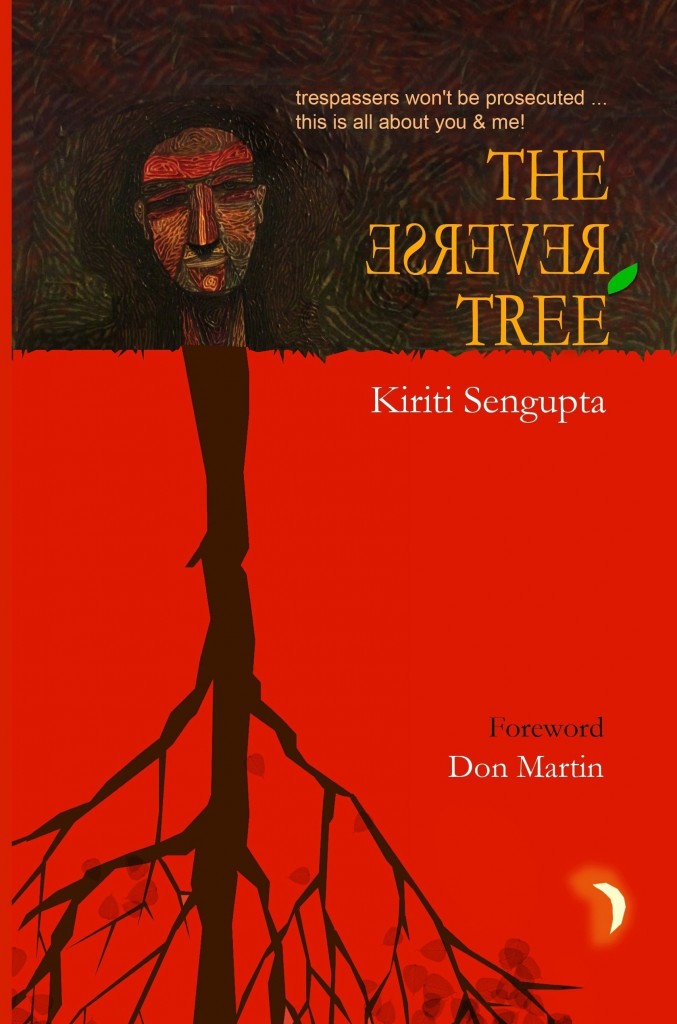 existing conflicts and above all his being as a writer. In the very beginning Dr. Sengupta portrays himself as a strong and determined person who can’t be shaken by the adversities of life; someone who has the power to prove the proven facts wrong. He firmly believes in the universal theory of reversal, making it the governing theme of his creation. Though all the chapters appear to be interconnected through an eternal theme of reversal but the author surprisingly warns his readers to be prepared for havoc as he declares the script to be lacking “the smooth transition from one chapter to another.”
existing conflicts and above all his being as a writer. In the very beginning Dr. Sengupta portrays himself as a strong and determined person who can’t be shaken by the adversities of life; someone who has the power to prove the proven facts wrong. He firmly believes in the universal theory of reversal, making it the governing theme of his creation. Though all the chapters appear to be interconnected through an eternal theme of reversal but the author surprisingly warns his readers to be prepared for havoc as he declares the script to be lacking “the smooth transition from one chapter to another.”
In the very first chapter Dr. Sengupta announces the supremacy of the fairer sex by indirectly calling them to be the bearer of fruits that remains to be the only cause of human existence. Not only this but he also states that, “it is the ladies who turn out to provide better shade than the men” whereas he calls men to be non-flowery, not eligible to carry the fruits though ever green in terms of aging. But here one needs to remember that ‘aging’ also refers to the different experiences of life that act as a mentor to a human being. Women being sensitive by nature remain to be more exposed to the adversities of life that ultimately results in physical aging though they grow spiritually. On the contrary men remain ever green as a result of possessing a carefree spirit. Here the author selects men to be his key character that clearly shows his male spirit craving to expose the unexposed hues of men.
The second chapter reveals his admiration for the art of mimicry as he thinks of it as an instrument to entertain others in order to uplift their mood though he finds it too difficult to get into another being and to play the real character. He also takes this as an opportunity to admire one of his close friends, Shouvanik Dey, who happens to excel the art of mimicry. The author reveals his heart by recalling the incident of the past where he got too impressed by the outstanding performance of his friend that entertained him ceaselessly. He takes him as an ideal as he could never visualize himself living the life of another. As per the author’s perception exploring one’s head and heart remains to be a necessity for being in others’ shoes.
In the third chapter the author speaks of long hair as a metaphor to the male poet. Being wistful he raises a question in front of us, ‘does the appearance really matter?’ as at times the appearance can really be deceptive. In order to be a writer in the real sense is it necessary to look like a writer? How far is it logical to sport a feminine metaphor in order to satisfy the personal instinct? Does it really give some sort of inner confidence or satisfaction paving the path of success in the desired field? The question remains to be open to the masses to answer for themselves.
Fourth chapter appears to be a bit crucial as the author furiously opposes the illogical discrimination on the basis of sexual preference in India. He strongly favors the third sex and we witness his humane side while he delves into the moving tragedy of one of his acquaintances, Lara. Not only this, but he also tries to defend the third sex by quoting the examples from ancient scriptures where sex is clearly divided into three distinct categories, ‘Purush or Male’, ‘Stree or Female’, and ‘Tritiya Prakriti or the Third Sex.’ As Gay, Lesbian, Transgender, Transsexuals are considered among the Third Sex the writer sees no logic in the decision of the honorable Supreme Court where “Gay Sex has been banned in India and even section 377 of Indian Legislative Code makes gay sex to be a punishable offence that may extend to life imprisonment.” Advocating the right to equality he expresses his views that India, being the world’s largest democracy should be open to welcome and protect all irrespective of their sexual preference. He strongly refuses to be the part of any sort of discrimination and offers himself to be labeled as an alternative poet by the academic fraternity. In a nutshell this chapter showcases the daring spirit of the author who demands equal rights and freedom of expression for all irrespective of the sexual orientation of an individual.
Moving ahead to the fifth chapter we find the author a bit more cautious when he discusses about the reversal of the biological clock. Here the author also feels grateful to his readers for being patient as he switches from being a non-poet to writing poetry owing to his writing spree. Furthermore he carefully discusses about the attitude differences among the people that happen to be the root cause of innumerable problems.
Last but not the least the most important part of the book comes to life as we come across the unfathomable meaning of the well chosen title. The writer beautifully states the essence of the title by quoting the holy verse from The Geeta,
urdhva-mulam adhah -sakham
asvattham prahur avyayam
chandam si yasya parn ani
yas tam veda sa veda-vit
[Translation: There is an imperishable banyan tree that has its roots upward and its branches down and whose leaves are the Vedic hymns. One who knows this tree is the knower of The Vedas.]
Here he finally declares human being to be the supreme creation of the universe as “Humans are the only such trees that have their roots (brain) up and the branches (limbs) down” and one who succeeds in understanding the hidden meaning of human life becomes omniscient. He asks his readers to adhere to the lessons of the ancient scriptures to lead a blessed life. Though he feels that “the whole concept may appear abstruse for one who has not yet studied spiritual texts,” but he clearly refuses to accept that he had “any intention of bringing his readers close to God or Godly messages” rather he appeals to his readers to “enjoy life even in death” as it happens to be the ultimate reality of life. In this chapter we also come across the holiness of his heart as he announces his mother to be the best mentor in the world. He is full of appreciation for her as he finds her to be the perfect being. It again proves his heartfelt respect for the fairer sex; the nobility of his character. In that way he is once again back to the same theme with which he started in the beginning. He truly states that “Reversal happens indeed!”
Thus the uniqueness of The Reverse Tree can’t be denied as here we witness the real Kiriti Sengupta, a sacred being, a well-known author across the world, whose playful spirit relishes the adversities of life. Through this superb creation he succeeds in revealing his inner self to enlighten the readers’ world of knowledge and to provide them with a broader perspective of life. The treasure trove of his experiences not only touches the heart of readers but also leave them speculative. Though an average reader might find this creative venture to be a bit complicated to comprehend but it is a must read for those hungry souls who aspire to experiment with life for the deeper understanding and who are gutsy enough to take the challenges of life as an opportunity to prove their worth, believing in the reversal of life.
Happy reading to one and all….
Book Details:-
| Author: | Kiriti Sengupta | ||
| Publisher: | Moments Publication | Language: | English |
| ISBN-13: |
9789384180775
|
Cover: | Paperback, Hardcover |
| MRP: | Rs. 160 | Year of Publication: |
2014 |
| Buy From: | Infibeam.com, Flipkart.com, Amazon.co.uk, Amazon.com |
||
* Dr. Mallika Tripathi is the Associate Professor and Head of the department of Humanities, Feroze Gandhi Institute of Engg. & Technology, Raebareli, Uttar Pradesh, India.
Email: drmallikatripathi@yahoo.co.in

